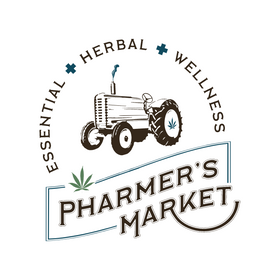With so many hemp-based products like CBD, Delta 8 and Delta 9 expanding across the United States, it’s vital to know what the labeling requirements are to ensure your products are in full compliance and safe to use!
Unlike many other products, manufacturers can’t just come up with a fancy label with a cool design for these type of cannabinoid products. The FDA, along with state regulatory bodies, have a long list of requirements about what can be put on a label, what can’t be put on a label, and how that information is displayed.
While we can’t go into each state’s specific regulations in one blog post (you would be reading for days!), we can cover basic requirements for all hemp-based products.
Essential Labeling Requirements
- Batch Number & Expiration Date
This set of numbers is how to track and trace the lifecycle of a product. Third party laboratories also use this number to report test results, confirming the safety and efficacy of the product.
- Scannable Bar Code or QR Code
Many states now mandate the use of a scannable bar code or QR code that links to a webpage containing the certificate of analysis of the final product and/or extract used.
To ensure accurate results you’ll want to find the batch number located on your product and match this to the results provided.
- Ingredients
As with any food/consumable item, you want to check products for any allergens or prescribed warnings. The type of hemp extract used should be identified in this section ie. full spectrum, broad spectrum, isolate.
Another requirement is an indication of the potency of any cannabinoid, with the focus being on Delta 9 THC for regulatory purposes. This will be shown in milligrams (mg).
- Manufacturer Information
While there are a lot of farms and manufacturers making their own products, there are many white labeled or third party produced products. Look for the manufacturer or distributor name, including location and contact information.
There is also a separate set of FDA requirements for all supplements, not just hemp-based products, such as:
-
An identity statement, which indicates what the product is;
-
A net weight statement;
-
A statement that reads: “This product is not approved by the FDA to treat, cure, or prevent any disease.”
-
A supplement facts panel
Don’t be alarmed if there are no medical statements - most companies in the cannabis industry understand they cannot make any health claims or medical claims on product labeling or advertising. As soon as they make a claim that the product could, for example, ‘cure cancer,’ then they are establishing the product as a medical product or drug rather than a health and wellness product, and the FDA could conclude that they are producing unauthorized drugs or medical products. Its important to do your research on the benefits of each cannabinoid, every person is different.
Hemp Product Labeling Requirements – Conclusion
So, the next time you are looking at the label on your hemp-based product, keep this information in mind to ensure that the products you are purchasing are in full compliance and safe to use.
If you have any questions about any labeling requirements, please do not hesitate to reach out and contact us directly.




